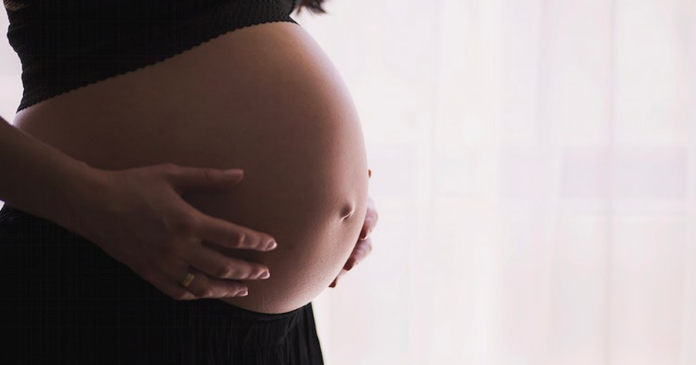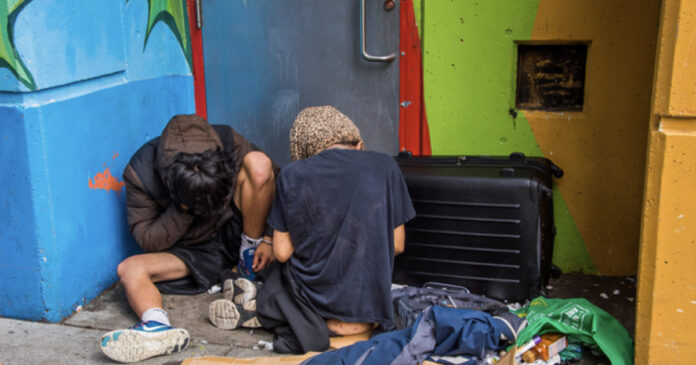The Canadian Institute for Health Information (CIHI) recently released its latest statistics confirming 87,485 induced abortions in Canada in 2021.
The most recent data, which was released last week, includes the number of induced abortions performed both in a hospital setting and in clinics. Surgical abortions accounted for nearly two-thirds (63%) of abortions while medical abortions using oral treatments such as Mifegymiso made up 37% of abortions in Canada.
The age of women who sought an abortion was similar across all age groups, with most procedures done on women between the ages of 18-24 (20,825). Women who were older than 35 were the second most common group seeking abortions (20,208).
Nearly 35,000 abortions were performed in Ontario alone (34,988), according to the CIHI.
The CIHI has recently improved its methodology in order to enhance the accuracy of its data on abortion. Whereas in the past, physician billing data was omitted from the reports, the CIHI has included bills from several provinces in order to get a more complete picture. However, data is still missing from Quebec, Saskatchewan, Alberta, New Brunswick and the Territories.
The CIHI acknowledges some remaining underreporting of total abortion volumes.
The Institute has also updated the total number of induced abortions from their last report covering 2020. While the report originally accounted for 74,155 abortions, The CIHI has now confirmed up to 91,551 total abortions completed in 2020.
The gestational age for abortions performed in 2021 was not included in the latest report.
Joyce Arthur, the Executive Director of the Abortion Rights Coalition of Canada applauded the CIHI’s improved reporting.
“We are very pleased to see the improvements in reporting and look forward to more inclusive reporting in the future,” Arthur told True North.
“Several provinces still need to establish billing codes for medication abortion, which would further improve reporting accuracy.”
Meanwhile, Scott Hayward, Co-founder of Pro-Life group “RightNow,” says more work needs to be done.
“Unfortunately, CIHI is not able to capture the data for all induced abortions in Canada as not all provinces require the reporting of induced abortions outside of hospitals,” said Hayward in an interview with True North. “Nor does it include data for those abortions induced by the administration of Mifegymiso (RU-486) outside the hospital setting.”
Hayward believes CIHI must be able to gather additional data, such as induced abortions in all hospitals and private clinics and induced abortions through the administration of Mifegymiso, in order for Canadians to gather accurate information on the “pervasiveness of abortion.”
Despite the improved methodology, precise statistics on abortion are still challenging to produce because no federal ministry or board is keeping track of them. Additionally, private clinics such as Planned Parenthood are not legally obligated to report the number of abortions completed to the CIHI.
In 2021, Pro-life researcher Patricia Maloney found that the CIHI underreported 18,278 abortions performed in 2019 in Ontario alone. Through the Freedom of Information Act (FOI), she was able to find these numbers based on Ontario doctors’ billing codes.



























